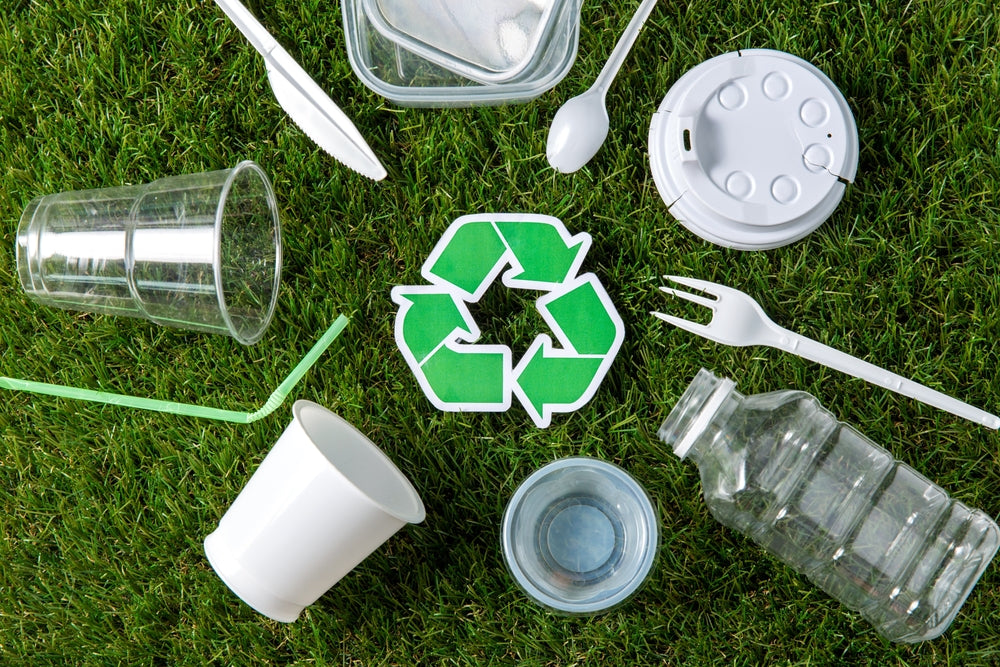
Why do we need to Recycle Artificial Grass?

Recycling artificial grass plays a significant role in reducing the environmental impact. Instead of contributing to the non-biodegradable waste that fills our landfills, we recycle it.
This simple act prevents a massive amount of waste from overwhelming our disposal systems. Not only that, recycling helps conserve essential resources. Materials like plastics and rubber that are usually thrown away can be reused, leading to more responsible and efficient management of our resources.
Recycling also lessens the demand for energy-consuming production processes. By reusing materials, we decrease the need for manufacturing new ones, which often requires a lot of energy and results in high greenhouse gas emissions. This ultimately helps in mitigating climate change.
Another benefit lies in supporting the development of a circular economy. In such an economy, materials are not just used and discarded. Instead, they are continually reused and repurposed, reducing the pressure on our planet's natural resources.
Promoting the recycling of artificial grass also encourages sustainable landscaping practices. It results in greener, more eco-friendly outdoor spaces that are both beautiful and gentle on the environment.
Lastly, recycling artificial grass can help tackle the issue of illegal fly tipping. By ensuring that waste is properly managed and disposed of, we can combat this problem and contribute to a cleaner, healthier environment.


